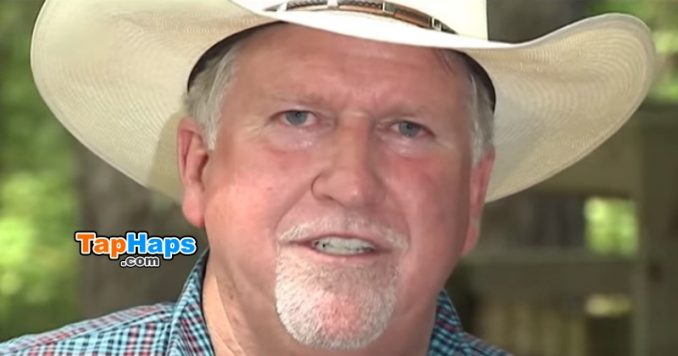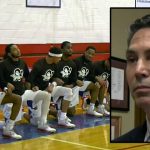A farmer’s USDA application was rejected when the government agency noticed an “offensive” word on the form. But, it was part of his address. He was told the name of his town was not only considered offensive but banned by the USDA. Has society taken political correctness too far?
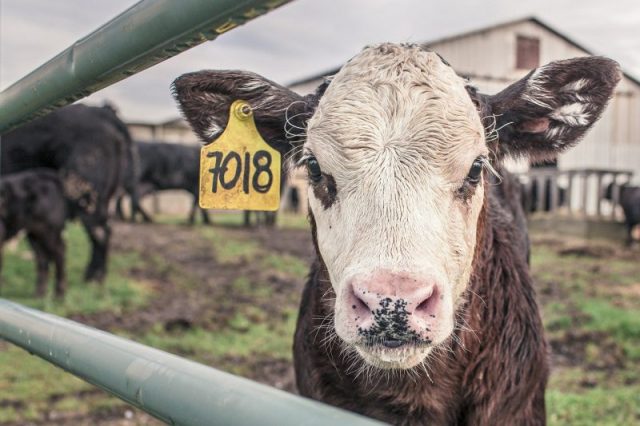
Gene King, a Georgia farmer, was simply seeking to transport cattle across state lines when he was left stunned to learn that the US Department of Agriculture (USDA) rejected his application for a special interstate transport license because his address contained “a banned word.”
Gene was applying for a special ID through the USDA called a Premises Number, which would allow him to buy and sell cattle across state lines. He completed the form but when he called to check on the status, the USDA broke the shocking news. His application was being rejected. The holdup, according to a government email about Gene’s application, occurred because the “city contains a banned word.”
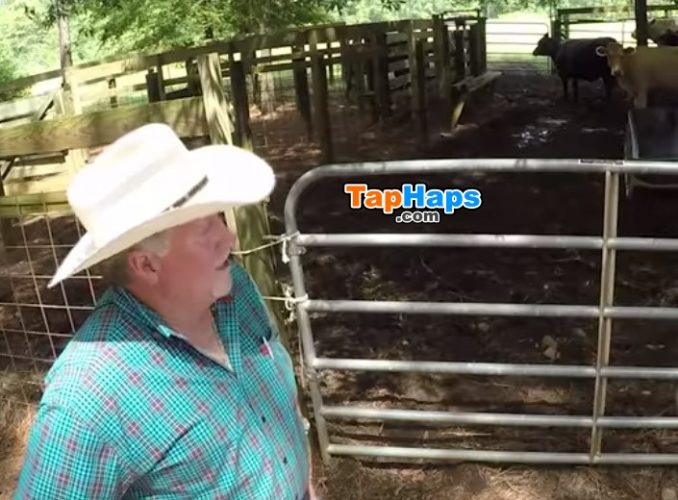
“She said it’s kicking it out saying that’s an offensive word and won’t accept your application,” Gene King recalled. What word could possibly be so offensive that it’s banned by a government agency? Well, the word is Gay. And, believe it or not, that’s where Gene lives. “No one’s got a problem coming to Gay, Georgia,” he said, according to Fox 5. “I don’t have a problem living in Gay, Georgia. But, the USDA’s got a problem with Gay, Georgia.”
Named after William F. Gay, the small town of only about 100 people was founded in 1882. The quaint community is about an hour south of Atlanta. And, this wasn’t the first time the town’s name has caused confusion. Twice a year, the town organizes a popular festival that was once called the Gay Fair. Apparently, people from out of town must have been confused about what the festival entailed, so it’s been renamed the “Cotton Pickin’ Festival.”
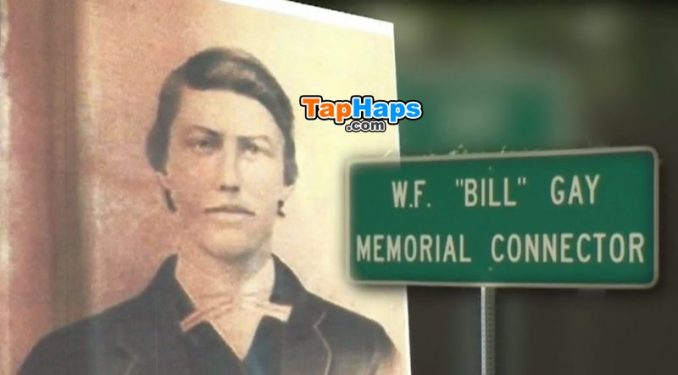
Gene King does admit that the name can create a confusing conversation. And, a back and forth with Fox 5 I-Team reporter Randy Travis — not to be confused with the legendary country singer — proves his point:
“I have gay friends.”
“Here in Gay, Georgia?”
“No, not in Gay, Georgia.”
“You have gay friends outside of Gay.”
“Outside of Gay, yeah.”
Although there is a Gay water tower, Gay Town Hall, and Gay memorial street sign in the town of Gay, the cattle farmer would prefer not to be called a Gay cowboy. And, of course, don’t put the town name on a government application or it will be rejected. Sadly, that’s no joke. In fact, the USDA had to email Gene King with a workaround. The solution? Change his hometown from Gay to Bay on the form.
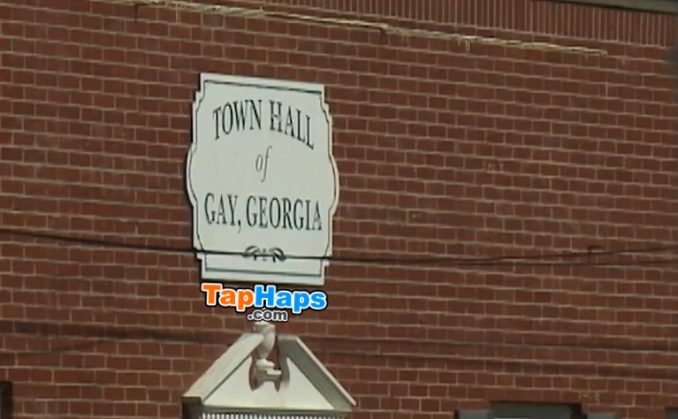
That seems a bit ridiculous and should be against policy, one would think. After all, shouldn’t an application for a government-issued permit contain accurate information? I guess this is what happens when we try to police harmless words. But, Gene King didn’t like it one bit, either.
“And, I said, ‘No, I don’t want to submit it as Bay, Georgia,'” Gene said he told the government worker over the phone. “I want to submit it as Gay, Georgia because that’s where I live. And, she said, ‘Do you want a number or not?'” he recalled. “I said, ‘Ma’am. This is ridiculous.'”
Once he was issued his number, the USDA reportedly corrected his city manually. As for how the problem occurred in the first place, the agency said a database of words with “bad connotations” was created because they worried people would try to sabotage an earlier animal ID registration system. In their statement, seen in full below, the USDA promised a future upgrade would ensure “this will no longer be an issue.”
The premises identification allocator was originally developed in the early 2000s for the National Animal Identification System, using the technology available at the time. The program was very contentious and IT developers were concerned about the possibility of people attempting to create “bad” premises IDs to prove there was a problem with the program or its IT systems. They created a database of words with bad connotations that would not be allowed in the system.
Since that time, the NAIS program has ended and been replaced by animal disease traceability regulations. The IT architecture was repurposed to meet the new regulations, until the time it could be redesigned to take advantage of newer technology available to validate addresses. After a delay due to intensive efforts to combat highly pathogenic avian influenza this spring, the agency is working to upgrade the technology so this will no longer be an issue.
The USDA wouldn’t provide a complete list of so-called bad words or say who decided the word “gay” belonged on that list. But, they obviously didn’t think the implications through. “Lewd” sounding and possibly “offensive” town names can be found all across the US.
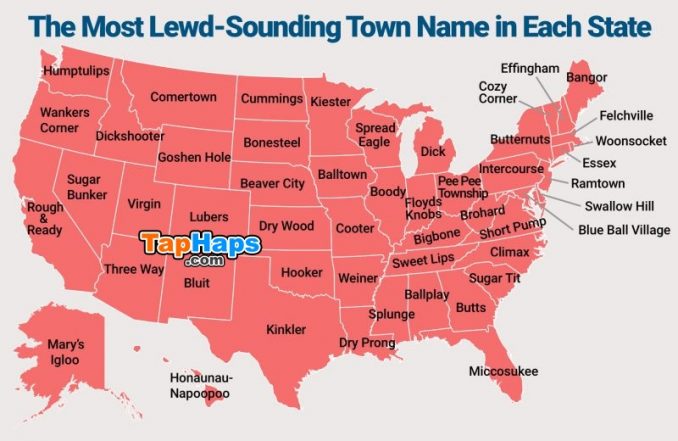
Three Way, Blue Ball, Weiner, Hooker, Butts, Cumming, Dickshooter, Slickpoo, Cooter, Climax, Intercourse, Sugar Tit, and Ding Dong are just a few towns found across the good old US of A. Then, there are the seemingly “racially insensitive” sounding places, including Darkey Springs, Wetback Tank Reserve, Negro Mountain, Squaw Humper Dam, and Beaner Lake.
When it comes to Gay, Georgia, some people might find the town’s name offensive, but the people in the town are offended if you take issue with the name. This creates quite the conundrum for the word police, seeking a world free from anyone ever being offended. Perhaps the answer isn’t ridiculous policies that attempt to prevent people from feeling “offended,” but rather returning to a time when we all realized that occasionally being offended is just a part of life and you simply deal with it like a mature adult.


